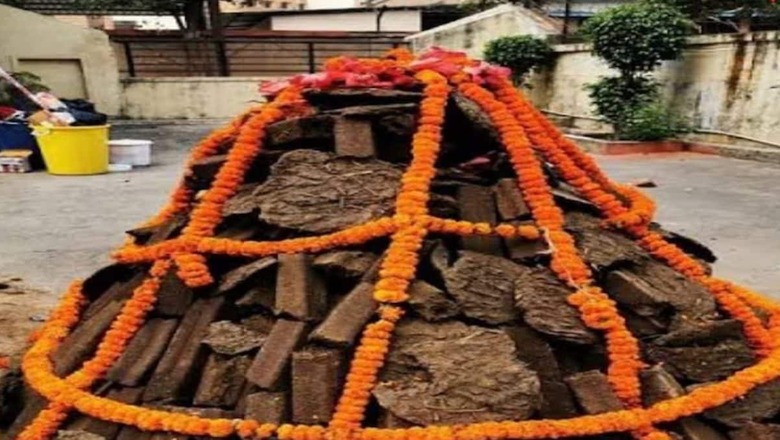
views
As Holi approaches, anticipation mounts across the country for the vibrant celebration of colours, steeped in both cultural and religious significance. Beyond the joyous revelry, Ayurvedic experts emphasise the festival’s role in promoting physical well-being, particularly during the seasonal transition.
Scheduled for March 25th this year, with Holika Dahan observed on March 24th, Holi holds significance deeply rooted in Ayurvedic principles. Dr Nagendra Narayan Sharma, an Ayurveda expert, explains that the festival aligns with the transition from winter to spring, marked by the shedding of accumulated phlegm in the body due to the increasing warmth of the sun. This shift triggers an increase in the Kapha dosha, potentially leading to illnesses associated with phlegm.
Historically, the onset of spring brought with it the risk of diseases such as cholera and smallpox. To counteract this, ancient sages prescribed rituals like Holika Dahan—a symbolic purifying fire lit a day before Holi. This practice not only energises the body but also purifies the environment by eliminating germs, particularly in the aftermath of winter’s fog-induced lethargy.
Participation in Holika Dahan is believed to offer rejuvenation, with the fire’s smoke—generated from cow dung cakes, camphor and coconut wood—purportedly possessing germ-killing properties. This ritual serves to cleanse the surroundings, reinforcing the festival’s holistic approach to well-being.
Infectious diseases tend to proliferate during seasonal transitions, making Holika Dahan an integral aspect of preventive health measures. By embracing these traditions, individuals not only partake in joyous festivities like playing with gulal or aabeer but also ensure their bodies remain resilient amid seasonal changes.
Beyond the exuberant celebrations, Holi serves as a reminder to embrace time-honoured customs that foster both joy and well-being. As communities come together to revel in the kaleidoscope of colours, they also reaffirm their commitment to holistic health practices deeply rooted in tradition and wisdom.
Holi represents more than just a festival of colours; it is a celebration of health, vitality and cultural heritage. By incorporating Ayurvedic principles into the festivities, individuals can harmonise with the seasonal transition while revelling in the spirit of unity and renewal.

















Comments
0 comment